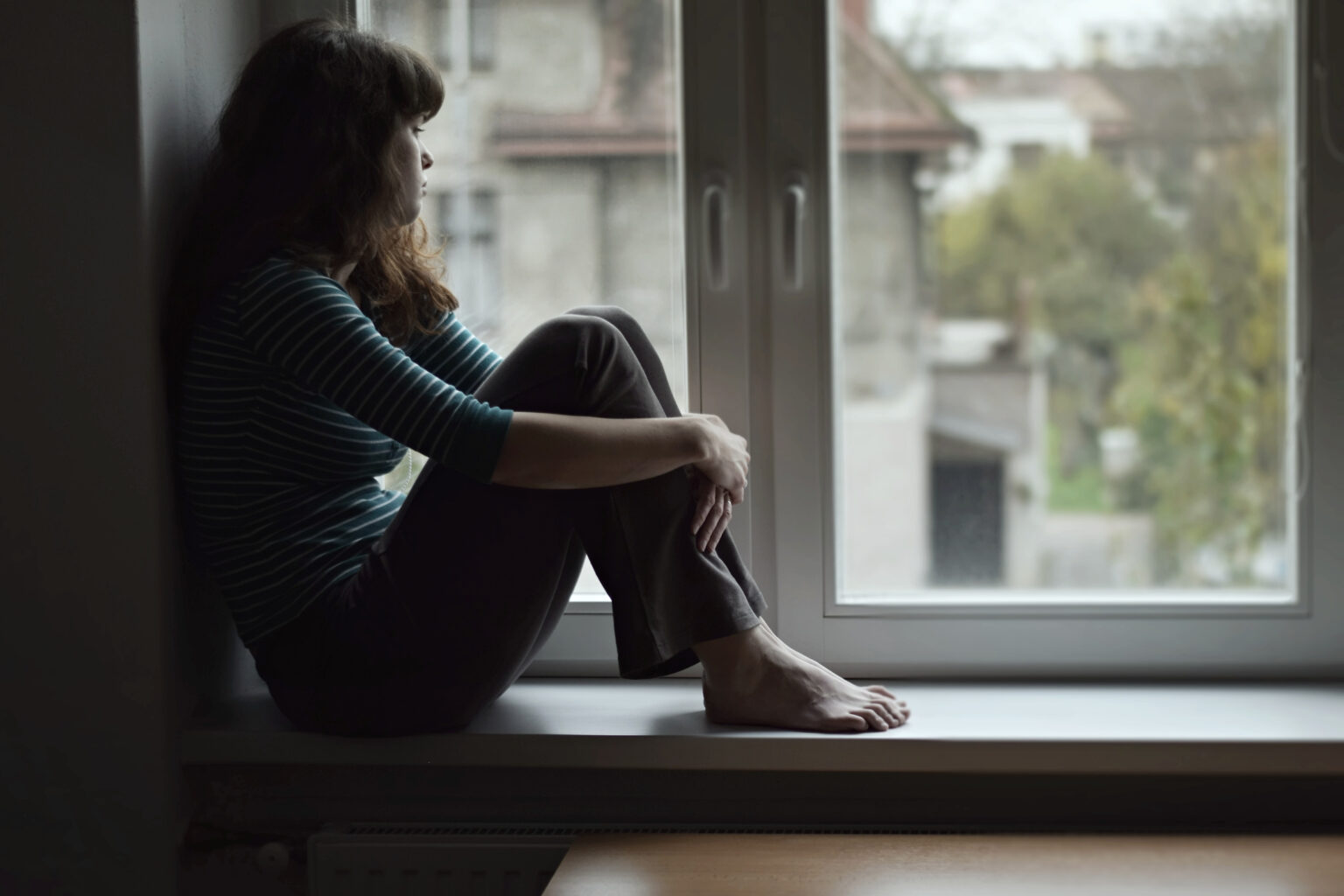Cabin fever during Covid-19: How to deal with it

Cabin fever refers to the psychological issues experienced when a person spends long periods of time at home. It is not a medically diagnosed disease. According to psychologist Jamie M. Gannon, cabin fever refers to the feeling of irritability, restlessness, and boredom that occurs with restricted movement and confinement.
Some of the symptoms of cabin fever include:
- Lethargy
- Frustration
- Feeling of loneliness
- Reduced motivation
- Weight changes
- Hopelessness
- Depression
- Change in eating habits
- Change in sleep habits
- Change in dressing habits
Causes of cabin fever:
Human beings are social animals. The pandemic though has restricted us to our homes confined to very little space with lack of change in scenery and very few people to interact with. Homes which are usually associated with rest and peace after a hard day’s work have now turned to become work spaces and there might be even lack of privacy in some cases.
Some causes are:
- Excess work might make the employee feel stressed or burnout (A state where there is emotional, mental and physical fatigue experienced).
- Inability to spend time with friends/family members.
- Increased amount of stress associated with financial issues or unemployment
- Inability to do things that you were able to do before (eg-travelling, eating outside, etc).
What can you do?
Spend time online:
It is important to connect with your loved ones online if at all they live away from you. You can also have online meetings with colleagues and communicate with them more as they might be going through the same situation that you are in.
Indulge in your hobbies:
Due to our busy schedule before, we might have forgotten certain things that we had enjoyed doing before. Now is the time to do them!
Learn something new:
A lot of people are learning new things that they wouldn’t have done due to lethargy or lack of time. You can always look up online courses or learn something as basic as cooking!
Healthy diet:
A healthy diet helps in keeping both mind and body healthy. It also helps in keeping your mind and body refreshed and rejuvenated.
Exercise:
Exercise is known to release feel-good hormones like dopamine, oxytocin, serotonin as well as endorphins. It also helps in increasing self-esteem and regulates stress levels.
Don’t be shy to reach out for help:
If you are unable to cope with your feelings anymore it is better to consult a mental health professional.

